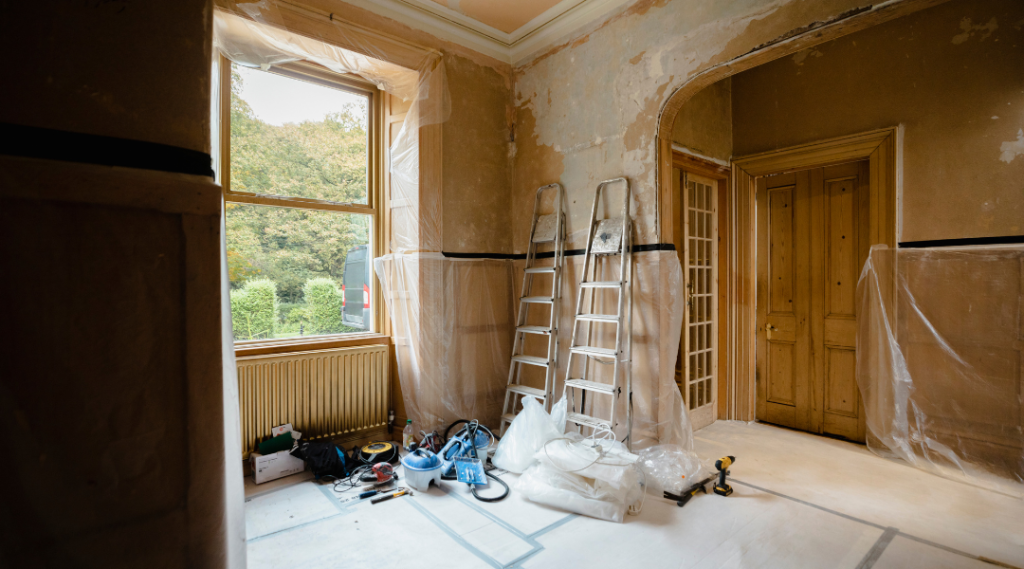In today’s world, creating an eco-friendly home is more important than ever. Sustainable renovations don’t just lower your environmental impact—they also help reduce energy costs, improve air quality, and add long-term value to your property. At Heikan Construction Group, we’re passionate about building homes that are as kind to the planet as they are functional. Here are our top tips for making your next renovation more sustainable.
1. Choose Energy-Efficient Appliances and Systems
One of the simplest ways to make your home more sustainable is by installing energy-efficient appliances and systems. From low-energy LED lighting to high-efficiency HVAC units, these choices reduce electricity consumption and can save you money on bills. For water conservation, consider low-flow faucets and showerheads, as well as water-saving toilets. By making small upgrades, you’re creating a home that operates on less energy with minimal waste.
2. Opt for Recycled and Sustainable Materials
Selecting sustainable materials is one of the most impactful ways to reduce your renovation’s carbon footprint. Look for recycled or reclaimed wood, bamboo, or cork for flooring—these materials are durable, beautiful, and sustainably sourced. When selecting paint, go for options with low VOCs (Volatile Organic Compounds) to improve indoor air quality. By choosing eco-friendly materials, you’re helping reduce deforestation and promoting responsible resource use.
3. Incorporate Renewable Energy Options
If you’re looking to take your home off the grid or lower your reliance on fossil fuels, consider adding renewable energy sources to your home. Solar panels are a popular option for generating electricity, while geothermal heat pumps can offer efficient heating and cooling. While these options require an initial investment, they can significantly reduce energy bills over time and may even qualify for tax credits or incentives.
4. Invest in High-Quality Insulation
Good insulation is essential for a sustainable home, as it helps maintain a comfortable temperature year-round without relying heavily on heating or cooling. Consider eco-friendly insulation options such as cellulose, which is made from recycled paper, or sheep’s wool, a natural insulator. High-quality insulation keeps your home warmer in winter, cooler in summer, and minimizes energy usage.
5. Use Smart Home Technology for Efficiency
Smart home systems allow you to monitor and reduce your energy consumption in real-time. From programmable thermostats that adjust based on your schedule to smart lighting that turns off when not in use, these technologies make it easier to live sustainably. Not only does this technology save energy, but it also provides added convenience, allowing you to control your home environment with the touch of a button.

